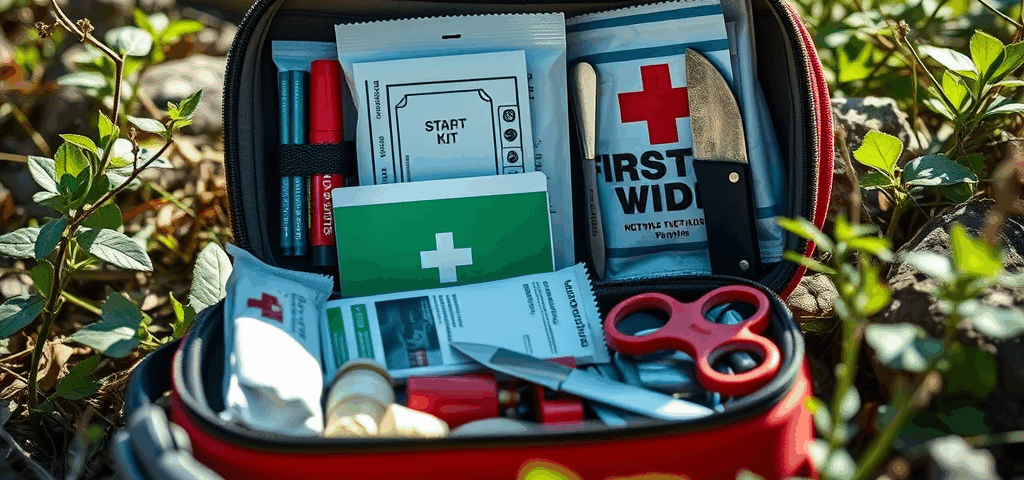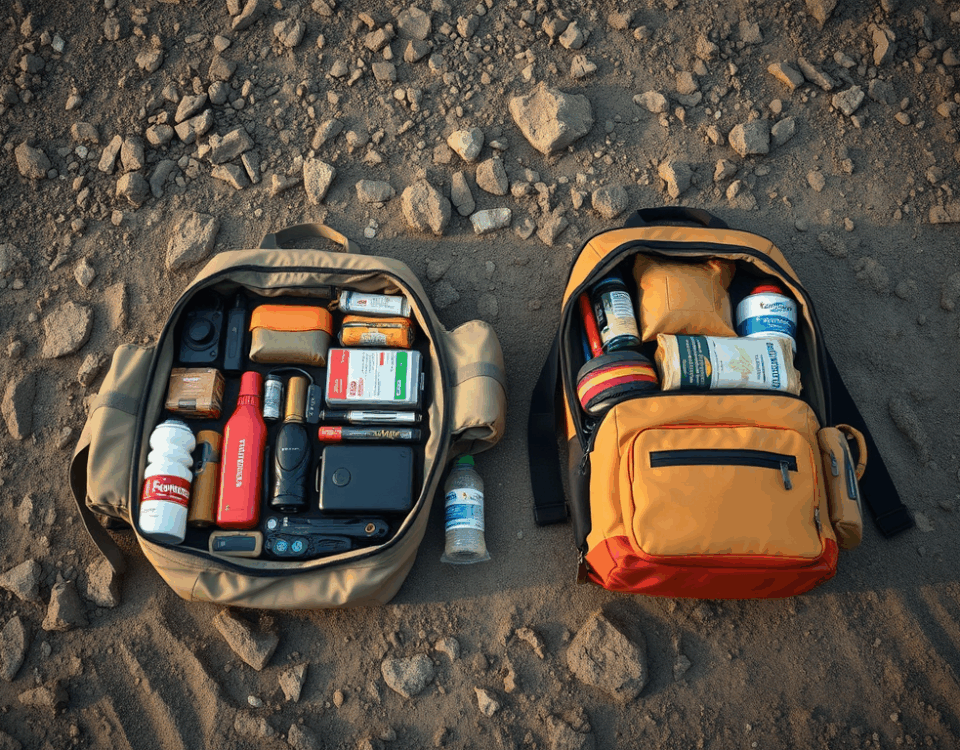Basic First Aid

Perhaps not surprisingly, injuries can occur at any time. Whether at home or camp, you’re bound to have something happen at some point. And it’s not just the obvious things like sharp objects that can cause injury. This article will cover some of the first aid skills you might want to know.
DISCLAIMER: We here at Michigan Overland are not medical professionals. This is merely our opinion on what we think is important at the most basic level before venturing out. If you are interested in learning more, consider seeking professional training in your area.
A Few Examples Of Why It’s Important
We’ve been lucky so far that we have not had any significant injuries on any of our trips (knock on wood). We have, of course, experienced a few minor things. One of which could have been prevented, and the other was just a weird circumstance. Both of these happened on the same weekend.
The one that could have probably been prevented was a knife injury. While learning some bushcraft from a fellow MO member, the instruction wasn’t followed. What resulted was a knife injury to the hand.
The second injury of the weekend was just a weird circumstance. One of the guys who was with us was collecting some firewood. He saw some plant or grass he thought would be good to get the fire going. He went to grab it and yanked. What he ended up with was several slices across his hand instead.
Both injuries were treatable with a basic first aid kit. The knife injury could have potentially been worse, causing us to end up with someone in the hospital. The plant injury was just bad luck. I’m not sure anyone would have known not to mess with that particular plant.
Get Trained
The best thing you can do is to get proper training from professionals. The medical kits we carry are next to useless if you don’t know what to do and how to use their contents. Basic first aid classes should be sought first, followed by more advanced courses that teach advanced concepts.
Get A Kit
A basic first aid kit only takes you so far, but it’s still important to have at home or in your vehicle. Learn to use what’s in the kit you have, and then begin supplementing it with items from more advanced techniques.
You could build a kit yourself by purchasing items from any store. However, the cost of buying a premade kit is not far off from buying things individually. The advantage of buying individually means you can divide the contents into multiple kits to have in different places. Either way, having it is better than not having it.
What You Might Want To Know
Again, we’ll reiterate, we are not medical professionals. What follows is what we think are good skills to know. Get trained if you don’t know what any of this is.
Basic First Aid
Knowing and understanding basic first aid is important. This goes beyond knowing how to put a band-aid on. Understanding basic skills like wound treatment and bleeding control can go a long way in ensuring someone stays safe before seeking professional help.
CPR
Hopefully, this is one skill you never have to use. But it’s always better to know it and not need it than need it and not know how to do it. CPR is one of those skills that should be refreshed every year. The methods for performing it are continually updated. I’ve had to do it once, and it was not a pleasant experience, but it ultimately resulted in a life saved.
Removing Ticks, Splinters, Etc.
Ticks and splinters might be one of the most common ailments that campers, hikers, and people who like the outdoors run into. Knowing how to remove a tick properly and in a timely manner is a valuable skill to understand in order to prevent future illness or disease.
Tourniquet Application
This one might spark some controversy, but ultimately, it can be a lifesaver. Learn this one from a professional. Find out what they use. Practice it until it becomes second nature.
Treating Burns
There’s going to be a fire at camp. Guaranteed. With fire or any hot surface, there is a potential for burns. Know the degree of burn and how to treat each type because there are some major differences.
Advanced Skills
Above and beyond what was mentioned are a good number of advanced skills. Packing wounds, treating breaks, and learning skills like suturing can all be acquired through some advanced medical courses. If you travel frequently in a group, having someone with a medical background or advanced medical training and knowledge is a good idea.
As stated above, this is just what we think is important. Any and all medical training will be beneficial when you’re off-grid. It can’t be stated enough how necessary getting in-person training is. Look up some local places to go and learn about some of these skills that will be a huge benefit to you and your group. What other first-aid skills should you know before hitting the trail? Leave a comment below and let us know.


